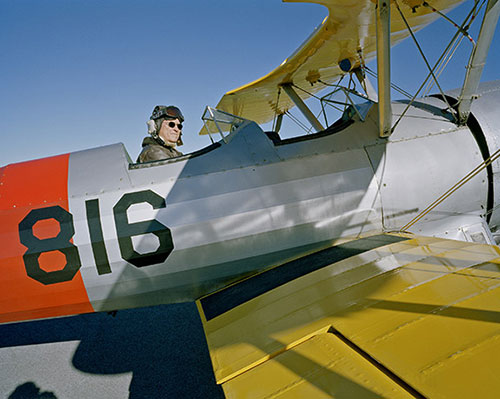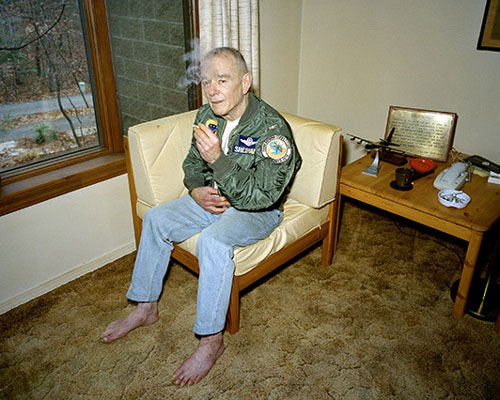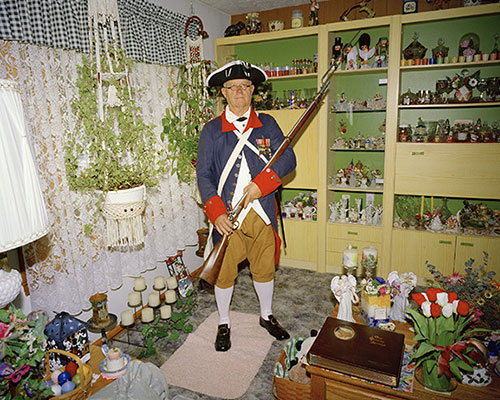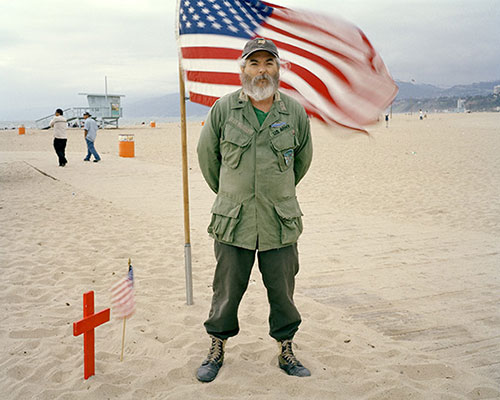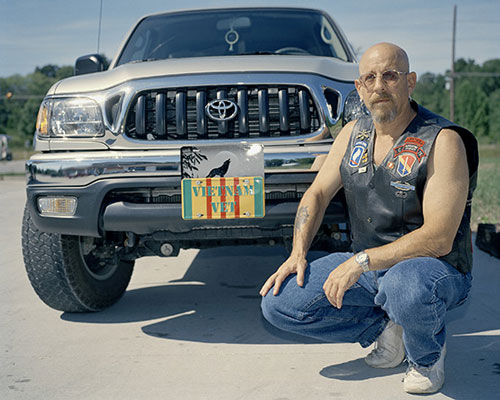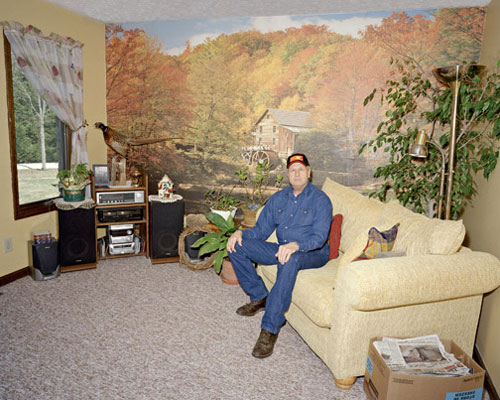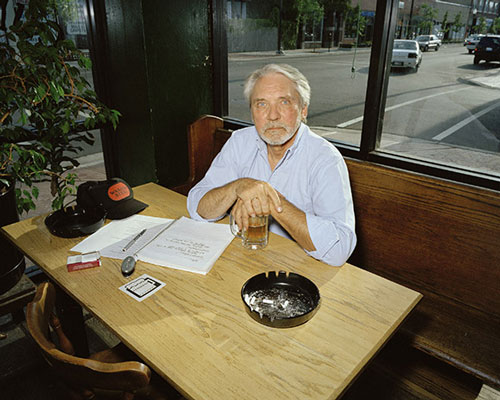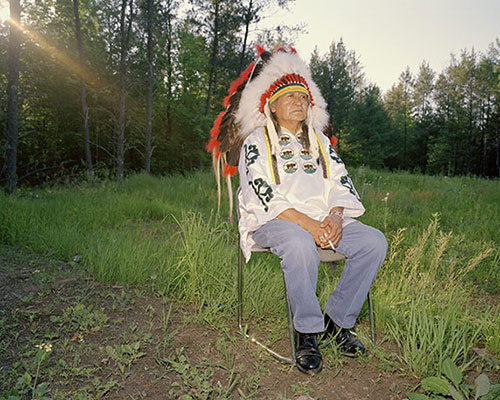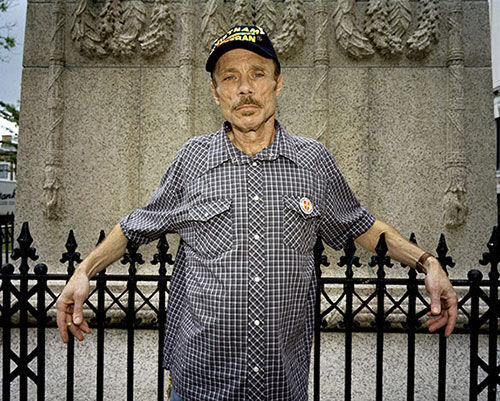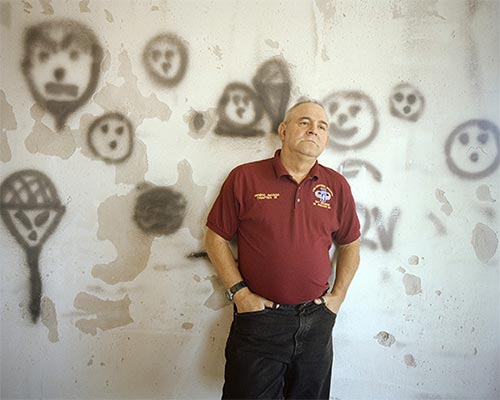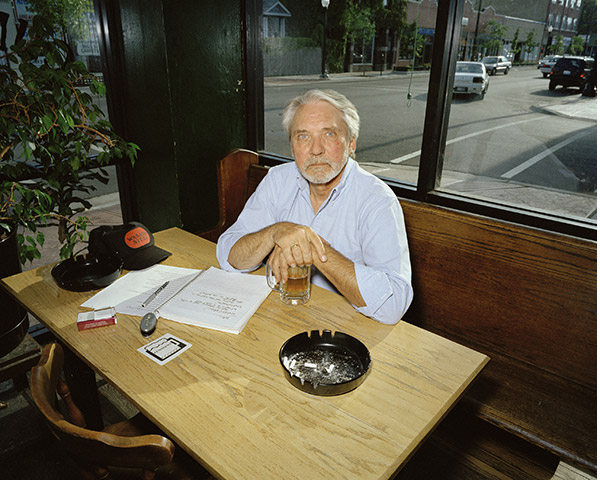Larry Heinemann
March 1967-March 1968
“On New Year’s Eve we started getting radio messages from LP’s in the woods-three-man listening posts, ‘Something’s happening! Something’s happening! Something’s happening!’ The fighting started about 11 o’clock at night and went steady, on and off, until the next morning, until it got light enough to see-then it stopped.
I will never forget this. I know I didn’t dream it. I haven’t imagined it. The sun came up and the smoke cleared and the dew burned off. There was meat all over everything. All around the perimeter it was meat. And the wood line, which was maybe fifteen or twenty meters away looked like ruined drapes. It was a mess.
One thing that Oliver Stone, who described this battle in Platoon, got right-at the end of the firefight in the film the planes come in and drop napalm, which didn’t happen; they didn’t drop anything on us. The next morning when the kid wakes up there’s white powder all over everything. Everything sort of looked antique-I remember that distinctly. It was dust and junk all over everything. Everybody was covered with dust and sweat. And the bodies and the body parts, the meat, looked antique. Not fun. I never want to go through something like that ever again.
One of the things I did at the beginning of the battle: my track had been on the perimeter and then they moved us to a new spot on the perimeter. I parked the track in such a way that the gas tank was as far away from a direct shot as possible. There were some tracks that got blown up and burned to the ground. The gasoline fire melted the metal armor-around a couple of the tracks you’d have this huge puddle of aluminum alloy. One of the tracks in our platoon got hit and burned and the driver’s body was simply incinerated. All we found of him was a bit of his backbone, his pelvis and his skull.
As drivers we were sitting in the track from the neck down so you can see; everyone else is sitting on top. If an RPG hit the track, the driver has the gas tank right behind and the drivers always got fucked. If I ever meet the bonehead who sent gasoline powered Armored Personnel Carriers to Vietnam instead of diesel, which is less flammable, he and I are going to have a real serious conversation. I would gladly do time in prison for the privilege of beating the shit out of the guy…
It’s a true fact if ever there was: I became a writer because of the war and not the other way around. It’s one of the great ironies of my life and it’s an irony I share with a number of writers who came out of Vietnam. Bruce Weigl would be working in a mill around Lorain, Ohio. Probably the only writer I know who would have been a writer regardless of the war is Robert Olen Butler.
My old man drove a bus and had four sons. Word in the house was: finish high school and get a job. I’m the only one of the brothers who finished college. Becoming a writer was the farthest thing from my mind. I came back from Vietnam in early spring of 1968. Three weeks later Martin Luther King was murdered. Then in June, Bobby Kennedy was murdered. I got a job that summer driving a Chicago city bus and literally drove through the big doings at the Democratic National Convention in August. I thought the war had followed me home.
I wanted to go back to school. I took a writing class because I thought it was going to be a snap ‘A’ and I wouldn’t have to work. I got fooled. The second night of class the teacher comes up to me and says, ‘If you want to write war stories, here, read these two books.’ And he hands me The Iliad and War and Peace; it took a year to read those books. The Iliad is a paradigm for a lot of things but it’s a war story so it’s a paradigm for war stories.
I became a writer because I had a story that would not be denied. I was talking about this the other day with my editor and I said, ‘For 35 years I’ve been thinking about the war every day.’ The war had a tremendous impact on my life. When my kids were old enough I had to teach them not to come up behind me and give me a hug around my throat. Don’t make a loud, sudden noise behind me. I’ve always had a kind of tic and I went to the VA and the shrink said it was some kind of seizure. It’s a flashback. It only lasts an instant but you get a full image of an event.
As a writer Vietnam is my subject. Faulkner had Yoknapatawpha County and he had that in his head all his life. All he had to do was dip in this story or that story and the characters were all right there. Garrison Keillor had Lake Wobegone-what a remarkable discovery! I used to be embarrassed to write about the war-not so much now. I’ve been blessed with a source. I know for a fact that as a writer I can reach around and touch the war and always find a story. The war really did give me something that I love-writing is a craft that I love.”
(Larry Heinemann received the National Book Award for Fiction for Paco’s Story, based on his Vietnam War experiences.)

